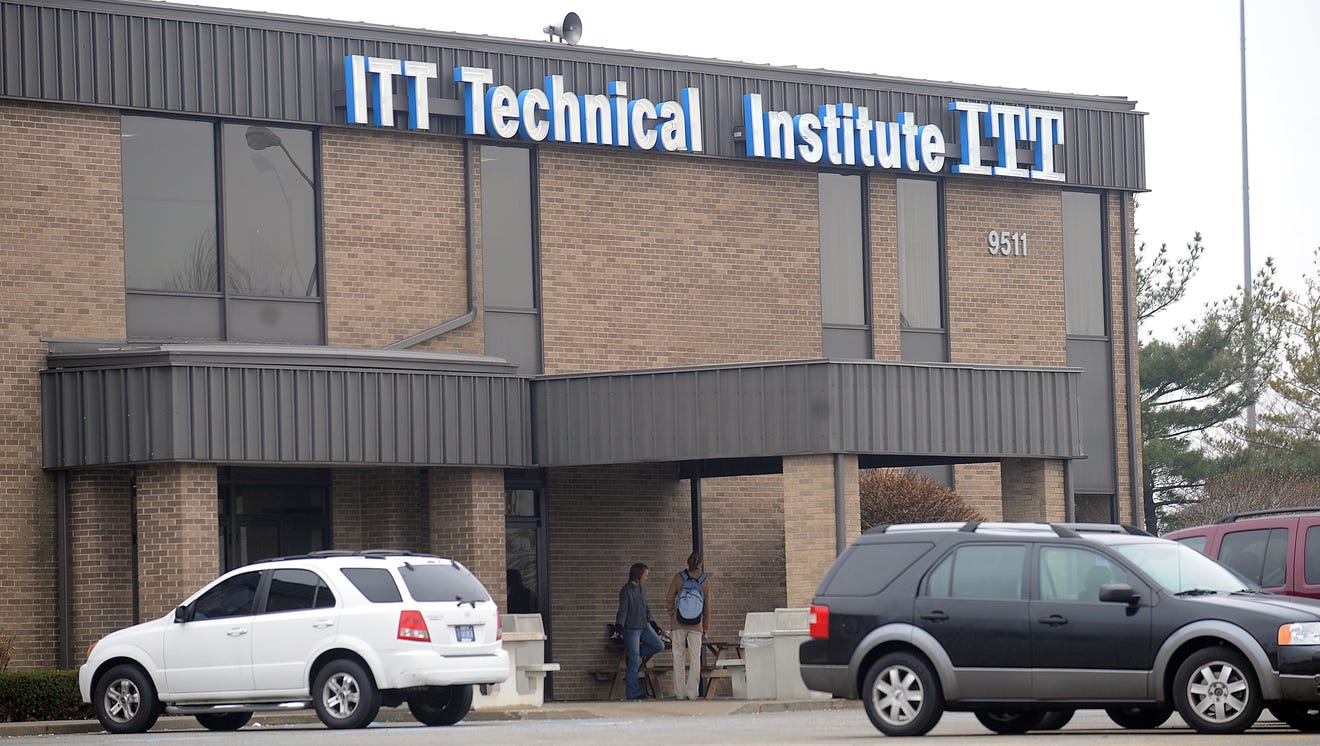

ITT Tech was founded in 1946 as Educational Services, Inc. and was based in Carmel, Indiana, since 1969. It began as part of Howard W. Sams And Company Inc., an Indianapolis-based publisher of technical training manuals and textbooks. After 20 years in the publishing business, Sams tried its hand at running a private trade school. Sams Technical Institute was established in Indianapolis in 1963.

Between 1965 and 1966, Sams acquired four schools—a strategy that ITT would later use for its aggressive expansion. In October 1966, New York-based ITT Corporation purchased Howard W. Sams and Company and incorporated its private school subsidiary as ITT Educational Services with headquarters in Indianapolis in 1969.
By 1986, all affiliated institutions took the name ITT Technical Institute, with the schools using the ITT name under license. As one of the nation’s largest for-profit technical institutes, it operated 145 campuses in 35 states which provided 49 programs in a variety of fields. Its career-focused associates, bachelor, and master’s (business-only, online) degree programs enrolled approximately 45,000 students, although nearly 85 percent were in associate degree programs.
Government and Wall Street embraced the professionally managed, profit-oriented business model on the belief that it delivered public services better than nonprofits or the government. The for-profit education sector especially performed well on Wall Street from 2000 to 2003. Mutual fund managers boasted that ITT was their most profitable stock.
However, ITT came under examination as accusations of aggressive recruiting and abusive lending practices plagued the for-profit education industry. ITT recruiters were instructed to manipulate a prospective student’s emotions using a “pain funnel” as a strategy to sell an enrollment contract, and then to pressure and coerce students into accepting loans from PEAKS Trust, a private loan program, which carried high interest rates. Starting in 2004, state and federal investigators launched an investigation into these practices. Though the case against ITT and other for-profit giants was closed, suspicions trailed ITT.
The ITT chain added 8 to 10 new schools to its portfolio each year to keep up with Wall Street’s demand for steady growth. Hence, aggressive recruiting practices, diminished instructional costs, and increases in tuition to raise profits followed. The Great Recession of 2008 helped ITT as more people returned to school to bolster their credentials and improve their chances for better jobs.
After the Great Recession, for-profit colleges such as ITT Tech garnered increased interest from private equity firms. For-profit colleges are heavily dependent on U.S. Department of Education Title IV funds including federal student loans and grants such as the Pell Grant. These funds accounted for approximately 80 percent of revenue; in 2010, ITT Tech reported 60.8 percent of revenue from these programs.
Disenchantment with the industry continued. Aggrieved students and insiders at ITT became whistleblowers who provided examples of misleading information about tuition costs, subpar education, and more. ITT Tech charged among the highest tuition fees in the industry ($45,000 to $85,000 per year), had the highest rate of defaults on student loans, engaged in high-pressure recruiting tactics, falsified paperwork, and maintained inadequate educational standards.
In July 2016, Educational services, Inc. projected enrollment at its ITT schools to drop by 30 to 40 percent from 2015 to 2016. In response, the U.S. Department of Education prevented students from using federally guaranteed student loans at ITT Tech locations effective August 2016. Within a month, the school filed for bankruptcy. At the time, the school had more than 130 ITT Technical Institute campuses across the U.S., with more than 40,000 students and 8,000 employees.
In 2020, the Education Department provided loan relief totaling $95.1 million to 7,878 former students of ITT Technical Institute. By June 16, 2021, The U.S. Department of Education announced it was erasing more than $500 million in debt from 18,000 loan forgiveness claims from former students of ITT Technical Institute. A year later in August 2022, the U.S. Department of Education made a more sweeping announcement to forgive $4 billion in federal loans for every borrower, more than 208,000 of them, who attended ITT Tech between 2005 and 2016.